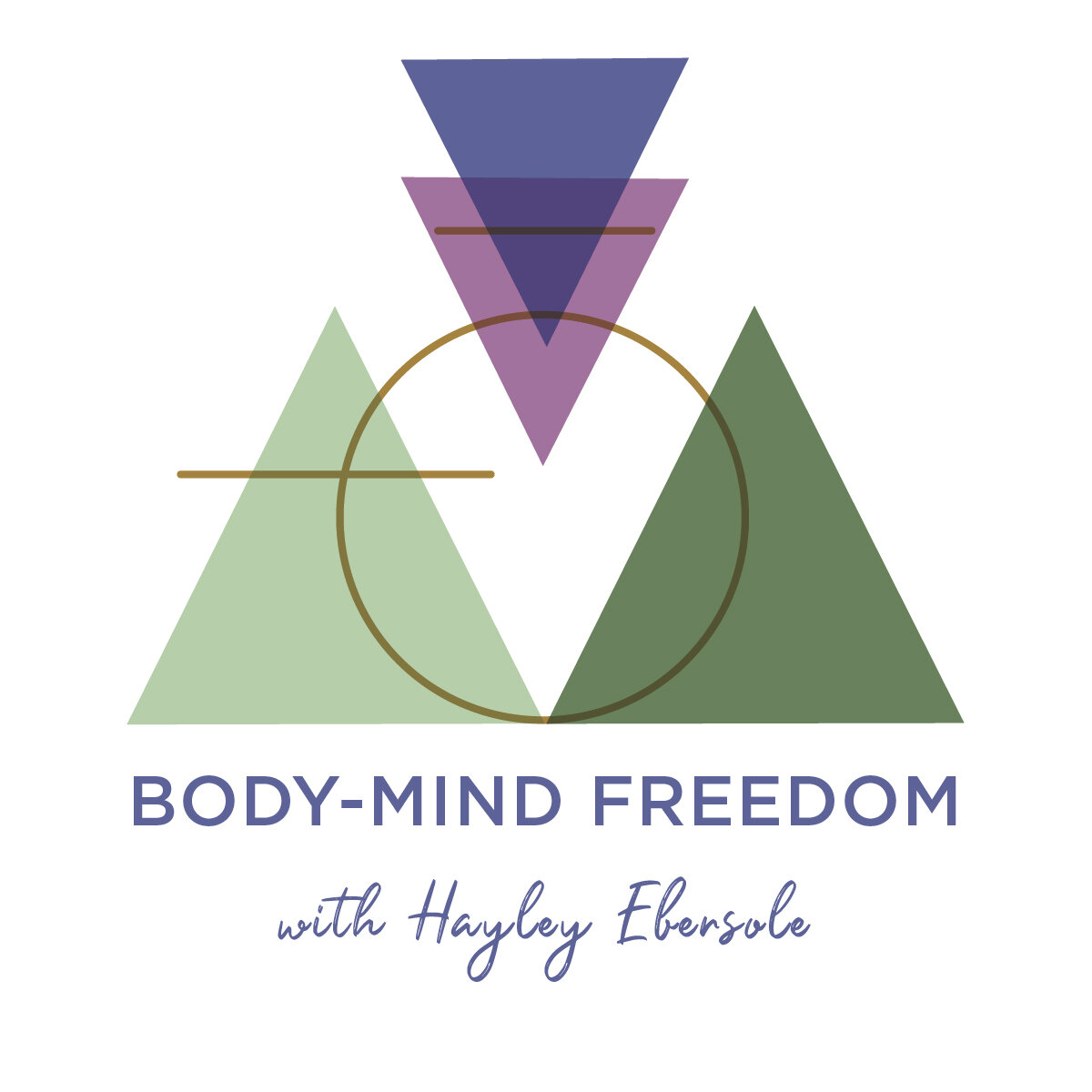Practicing for Death
/"The trouble is, you think you have time" -The Buddha
Mainstream materialist culture encourages us to believe our identity is strongly defined and limited by our physicality. The inflated importance of the physical underlies manipulative messages about what constitutes a ‘beautiful’ body and what certain bodies should and shouldn’t look like. Our belief in our own stable, limited and simplified identity encapsulated in physical form underlies the obsession with and judgment of our bodies that is so rampant in our culture, including yoga and wellness culture. Yoga has resonated as a profound healing practice for so many people in our society because it allows us to viscerally experience the true nature of the body as a vehicle for the expression of deeper layers of our being. In the words of Rumi, “the body is a screen that both hides and partially reveals the light that is shining within us.”
If we over-identify with the physical body to the exclusion of deeper layers of our being, we are definitely setting ourselves up for suffering. The ever inescapable and eternally undeniable truth of the body is that it will change, it will be injured, it will age and ultimately, and potentially without warning, it will die.
My father recently visited an ancient Buddhist ashram off the coast of Thailand. Much to the detriment if his meditation, he found himself mesmerized by the calm aura of a young Buddhist nun as they sat in quietly for hours in the mediation hall. As she rose from her practice, they locked eyes. A profound, child-like sense of awe overtook him upon gazing into the clarity of her eyes. They were alone in the hall. Before the mind could intercede, he felt the words coming out of his mouth, “why are you here?” She simply paused, smiled softly and beckoned him to a small room off the main hall. To his astonishment, the floor was lined with bones and skulls in various stages of decay, which she explained belonged to past devotees of the order. In the center of the room was a decaying body, almost completely a skeleton by this point. This body, she explained, had belonged to her great grandmother. She reached for the femur bone and pinched off a piece of the brittle bone, holding it close to his wizened face. Slowly, she crumbled her great-grandmother’s bone to ash between her fingers. “This is all we are,” she said, a serene smile on her face, “this is why I’m here.”
The body, like nature herself, is always in flux and transition: constantly changing, repairing, rebuilding. This also means it is constantly dying, decaying and passing away, until our very last breath. None of the cells in our body are older then seven years and many die within a few days to be replaced by newly born ‘us.’ Contemplating the fleeting nature of all life, including our own, need not be a practice of fear. Instead, it’s a powerful way to decrease our attachment to the physical plane, inviting us deeper into a full sensory experience of the moment and reconnecting us to the deeper meaning of why we’re here.
Part of the aggrandizement of the idealized physical body is a celebration of the obliteration of death- eternal youth, untouchable health without effort, freedom from the daily challenges of human life- the little deaths we experience throughout the day in the form of stress, injury, disappointment, change. The idealized body celebrated by media, including yoga media, is a mythical space outside of time- a constant inhale. The exhale never comes.
Placing death front and center has a long history not only in the yoga tradition but is advocated by many spiritual traditions from around the world. “Practicing death” has been recommended by Mother Teresa, Martin Luther King, Plato, Jesus, the Buddha and the Dalai Lama. In unmasking our impermanence we begin to expand our limited identification with the body, opening to the deeper meaning of the body as a vehicle as for the expression of our dharma, our soul’s unique purpose.
Following the example of these awakened masters, we might ask ourselves:
If I’m going to die, what matters?

